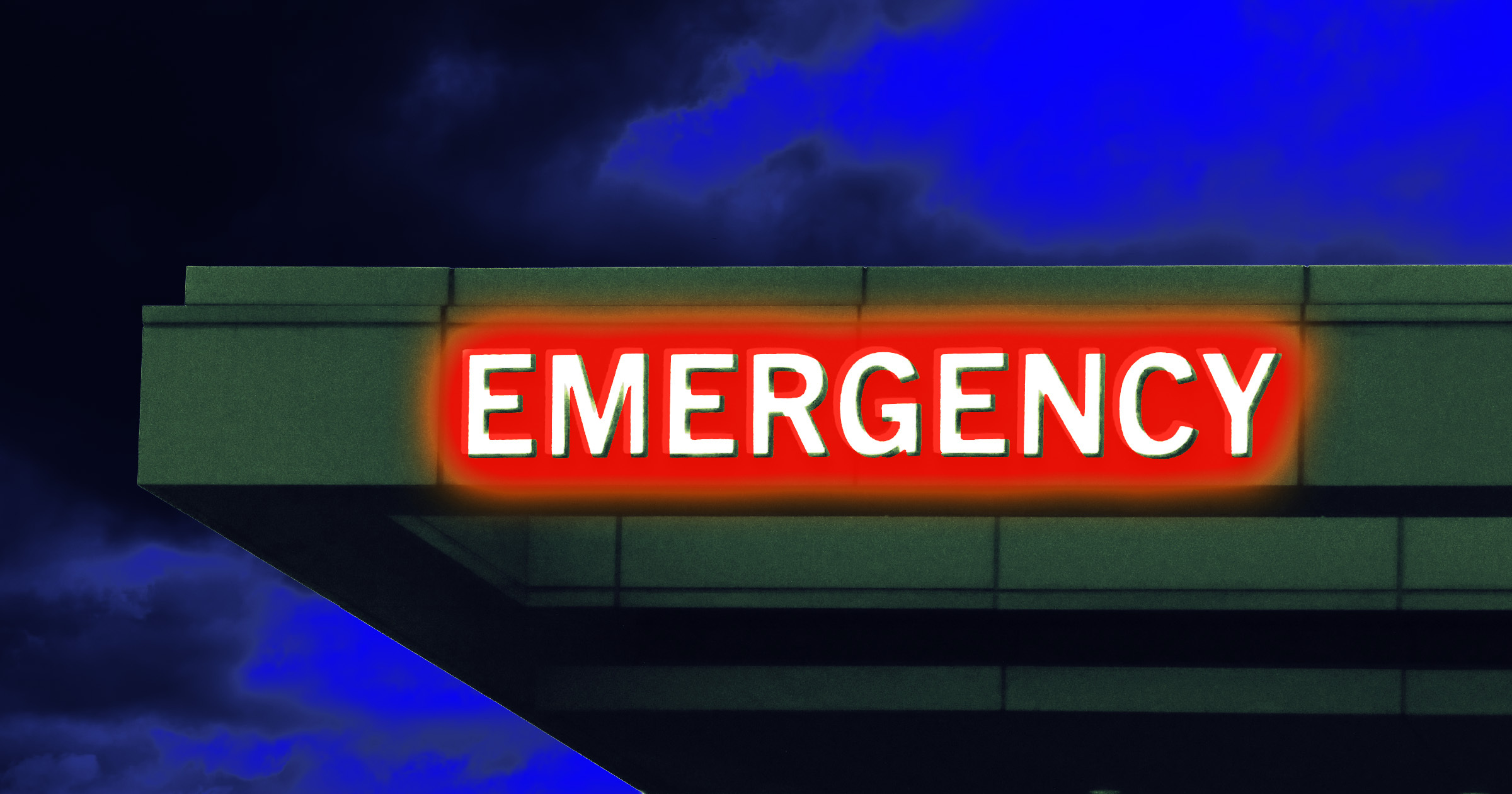Science
Private Equity’s Profit Motive Linked to Increased Hospital Risks

The growing trend of private equity (PE) ownership in hospitals has raised serious concerns about patient outcomes, according to a recent study published in the journal Annals of Internal Medicine. The research indicates that hospitals owned by PE firms experience a striking 13.4 percent increase in emergency room deaths compared to their non-private equity counterparts. This alarming statistic highlights a shift in priorities, with profit often superseding patient care in facilities focused on financial returns.
The study analyzed a decade’s worth of data from nearly 350 hospitals, revealing a troubling pattern of increased patient transfers to other facilities. Such transfers, which can prove costly and detrimental to patient health, are linked to higher mortality rates. Furthermore, the analysis showed a concerning decrease in the length of time patients spend in intensive care units (ICUs), likely attributed to PE firms’ tendency to reduce staffing levels and cut salaries for remaining medical staff.
Zirui Song, a senior author of the study and a researcher at Harvard Medical School, pointed to staffing cuts as a prevalent strategy employed by PE firms to enhance financial returns. “Staffing cuts are one of the common strategies used to generate financial returns for the [PE] firm and its investors,” he stated in a blog post.
The impact of PE ownership is not uniformly felt across patient demographics. Previous research has shown that Medicare patients, who are typically older and more vulnerable, face particularly severe consequences. Song’s team noted that financial strategies implemented by PE firms may lead to dangerous and life-threatening situations for this group. “Among Medicare patients, this study shows that those financial strategies may lead to potentially dangerous, even deadly consequences,” he explained.
Contrary to the narrative that PE acquisition serves as a last resort for struggling healthcare systems, a study expected in 2024 also authored by Song indicates that these firms often target financially stable hospitals capable of generating consistent revenue. This strategy raises questions about the motivations behind PE investments in healthcare and the long-term implications for patient care.
The detrimental effects of private equity extend beyond emergency rooms and ICUs. Similar evidence suggests that PE ownership adversely impacts rehabilitation facilities, nursing homes, and even children’s dental offices. The overarching conclusion from the accumulated research is clear: while private equity may yield significant profits for investors, it often comes at the expense of patient welfare.
As the trend of financialization in healthcare continues, the potential for further negative outcomes remains a pressing concern. The implications of prioritizing profit over patient care underscore the need for a reevaluation of how hospitals are managed and the impact of financial interests on public health.
The discourse surrounding private equity’s influence on the healthcare sector is ongoing, and with the stakes as high as they are, continued scrutiny will be essential in safeguarding patient care.
-

 Technology5 months ago
Technology5 months agoDiscover the Top 10 Calorie Counting Apps of 2025
-

 Health2 months ago
Health2 months agoBella Hadid Shares Health Update After Treatment for Lyme Disease
-

 Health3 months ago
Health3 months agoErin Bates Shares Recovery Update Following Sepsis Complications
-

 Technology4 months ago
Technology4 months agoDiscover How to Reverse Image Search Using ChatGPT Effortlessly
-

 Technology1 month ago
Technology1 month agoDiscover 2025’s Top GPUs for Exceptional 4K Gaming Performance
-

 Technology2 months ago
Technology2 months agoElectric Moto Influencer Surronster Arrested in Tijuana
-

 Technology5 months ago
Technology5 months agoMeta Initiates $60B AI Data Center Expansion, Starting in Ohio
-

 Technology5 months ago
Technology5 months agoRecovering a Suspended TikTok Account: A Step-by-Step Guide
-

 Health4 months ago
Health4 months agoTested: Rab Firewall Mountain Jacket Survives Harsh Conditions
-

 Lifestyle5 months ago
Lifestyle5 months agoBelton Family Reunites After Daughter Survives Hill Country Floods
-

 Technology4 months ago
Technology4 months agoHarmonic Launches AI Chatbot App to Transform Mathematical Reasoning
-

 Technology3 months ago
Technology3 months agoUncovering the Top Five Most Challenging Motorcycles to Ride













